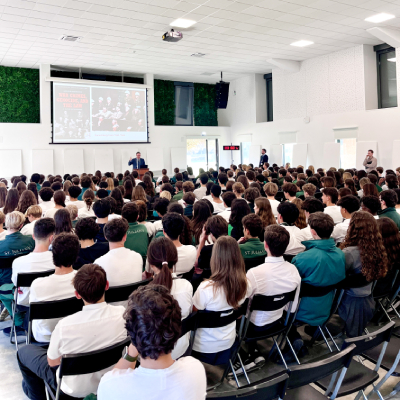Holocaust Memorial Day: What does it mean now?
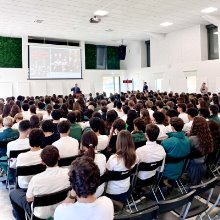
January 27 was chosen as an appropriate memorial day because on that date in 1945, the Red Army liberated Auschwitz-Birkenau, where one million Jews from all over Europe were murdered during World War II
The remembering of events so tragic and dehumanising is obviously very important if we are to avoid repeating such horrors in our own time. The memorialisation of the holocaust is more commonplace now than ever before, it is worth considering why.
In the period after 1945, the Nuremberg trials aside, there was little appetite to dwell on the atrocities of war as Europe was rebuilding, looking forward not backward. This view changed over time, the 1990s and 2000s were a golden age of memorialisation and today, Holocaust memorials are omnipresent, de rigueur. Perhaps this is because the most potent and stark memory of the holocaust, conveyed through the words of the people who endured and survived are gone. Their voices were all the more startling because they were shared despite the understandable urge to suppress and forget what were the worst of memories. Now, we are left without the authentic voices which means remembrance is widely interpreted, and ownership is contentious.
This week it is therefore appropriate for us to ask ourselves who owns the memory of the holocaust? In Israel it tends to be seen as a uniquely Jewish tragedy that justifies the need for a Jewish State and (in the U.S.) for vigilance against totalitarian enemies. In Europe, by contrast, it tends to be seen as a human rights failure whose victims were Jewish but could just as easily have been Christians or Muslims. Do governments own the right to decide how we remember the past, how we commemorate and what we commemorate? These are key questions for all of us.
I leave you to reflect on the words of Eli Wiesel, Holocaust survivor & acclaimed author. Facing History and Ourselves | Elie Wiesel
Mr Jon Burke, Deputy Principal KS4

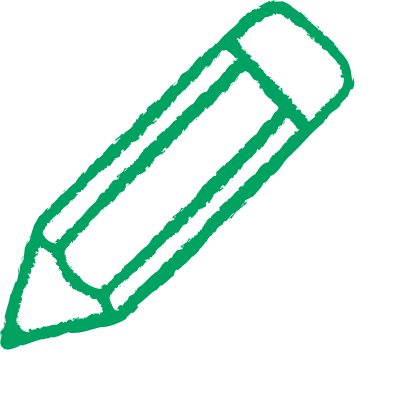
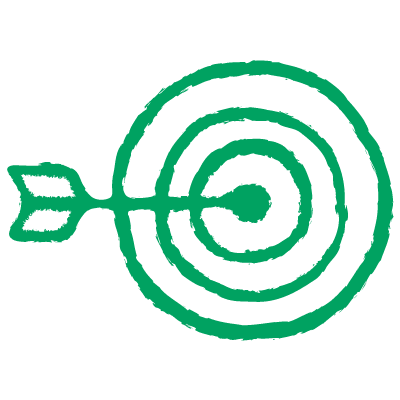
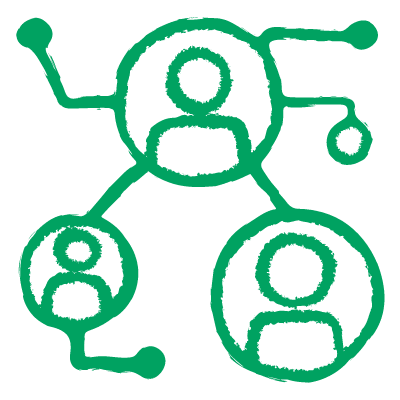
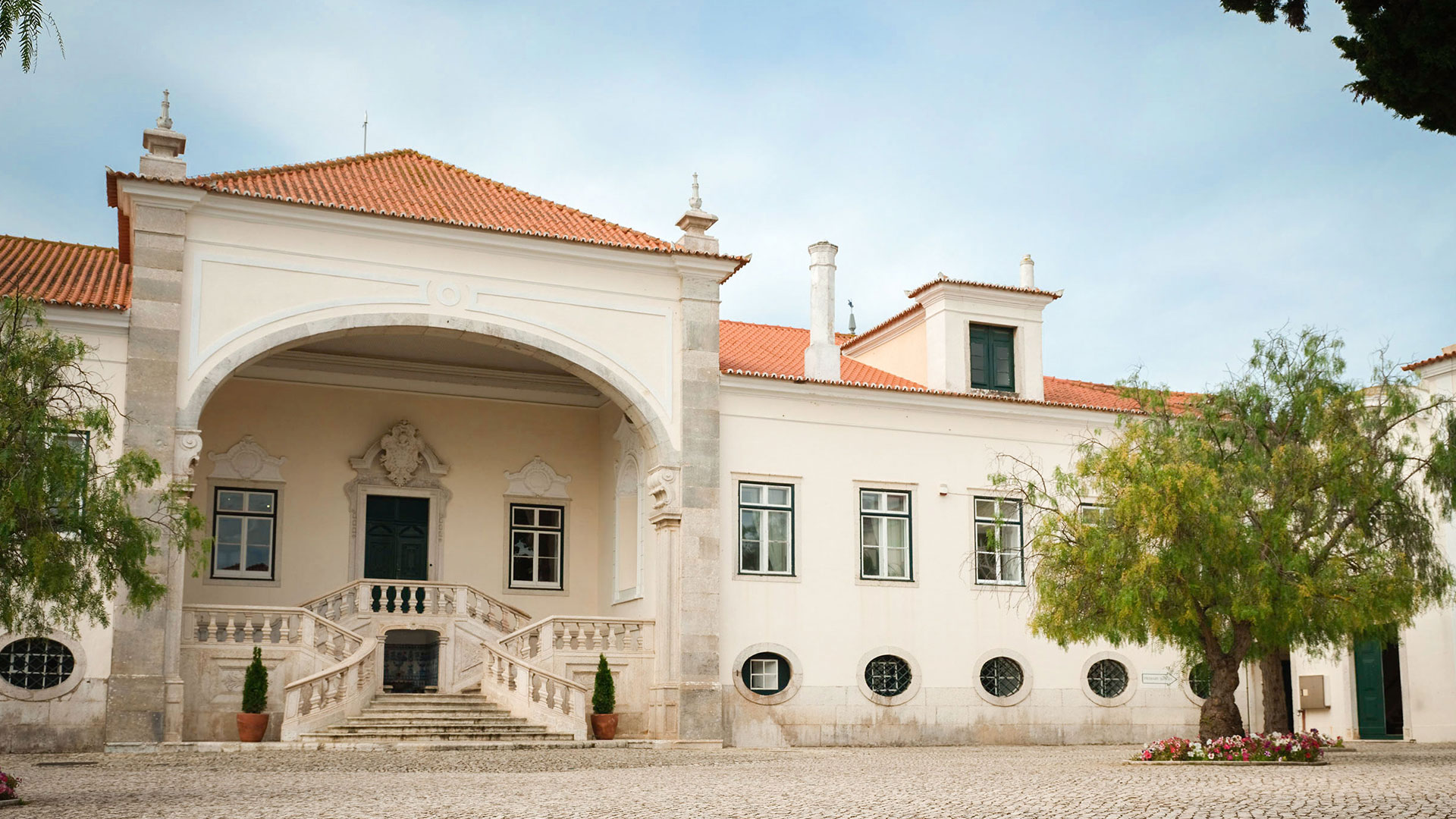













.png&command_2=resize&height_2=85)






